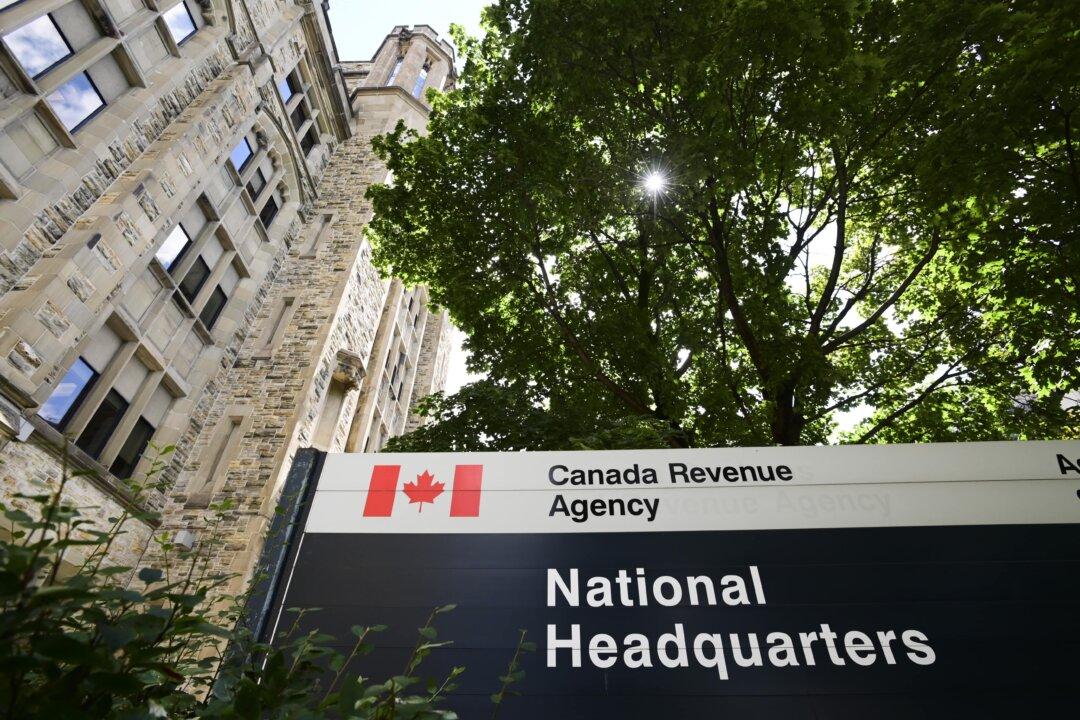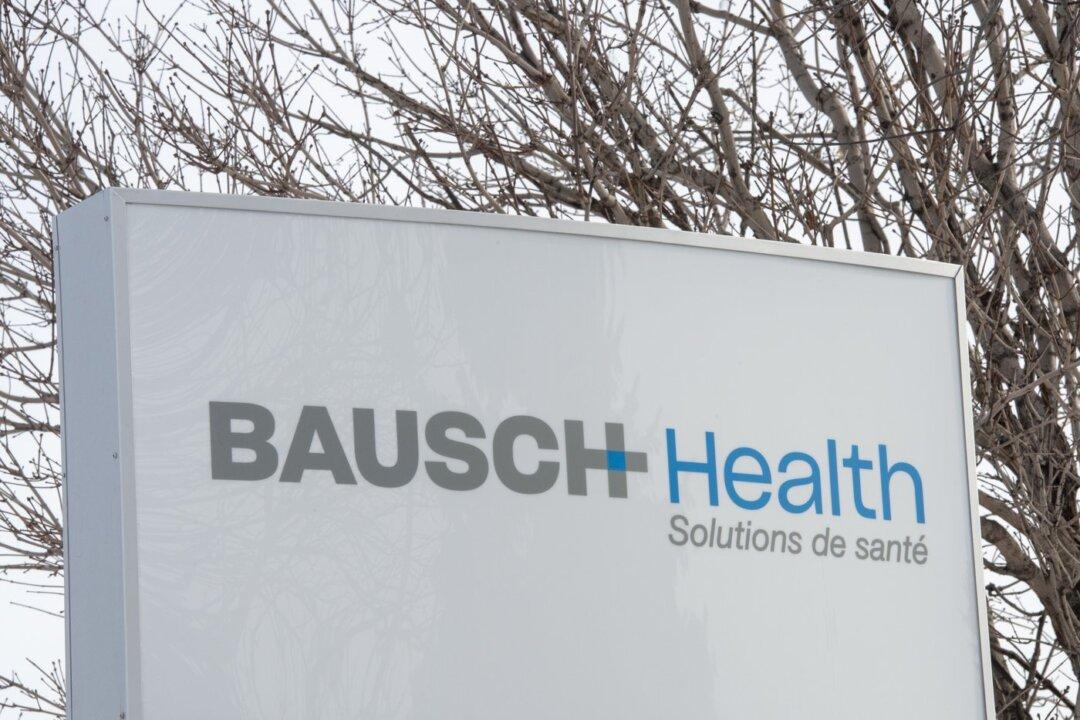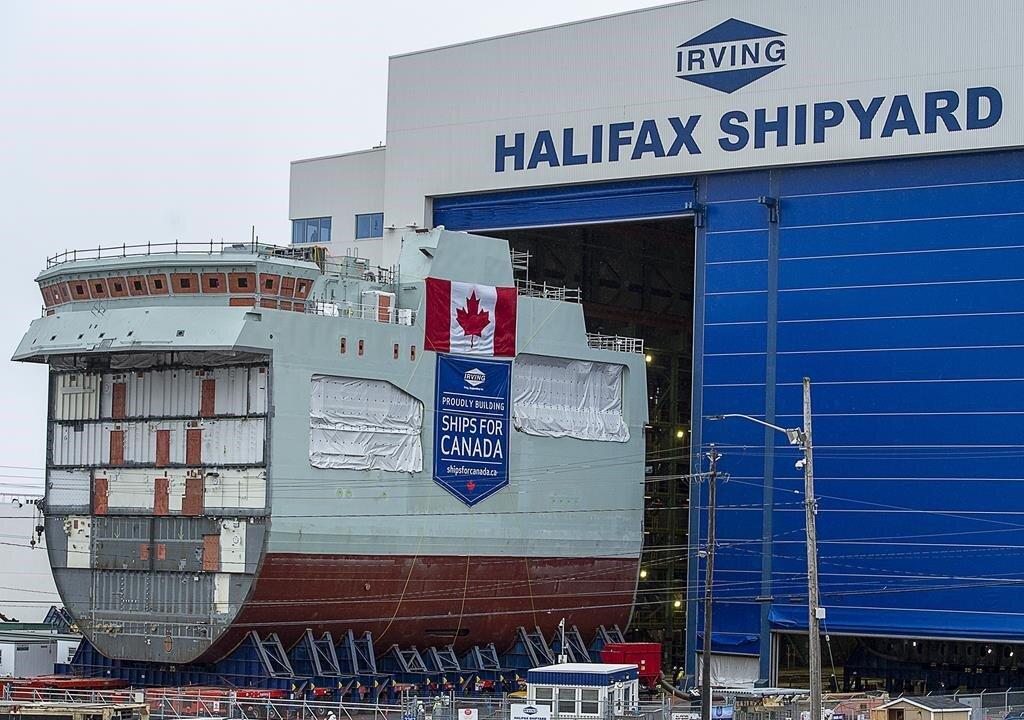“Very few” accountants are willing to report on small business who were remiss in their tax filings, according to in-house polling by the Canada Revenue Agency (CRA).
“Very few were interested in the establishment of a system by which tax intermediaries or business owners and operators would report to the Canada Revenue Agency on those they believed might be participating in the underground economy,” said the report, “Underground Economy in Today’s Post-Pandemic Environment,” according to Blacklock’s Reporter.





